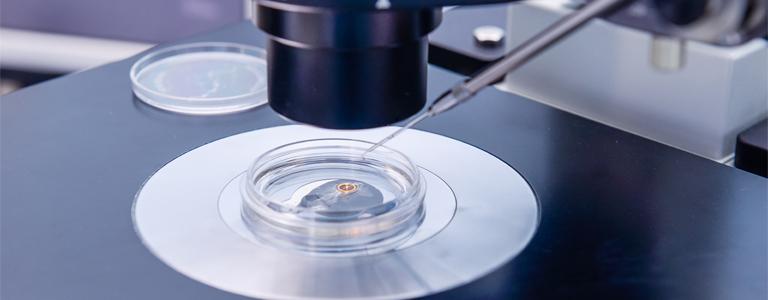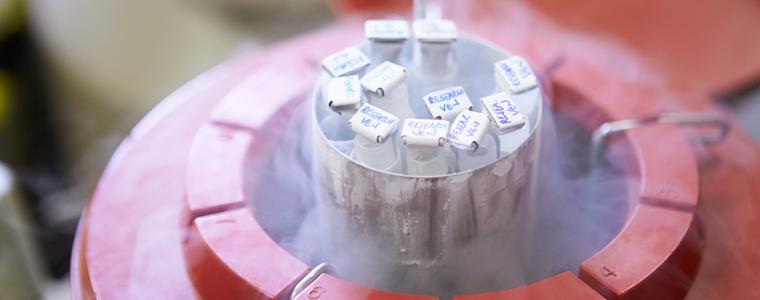Multiple pregnancy
23-02-2020 09:31 PM
What is a multiple pregnancy?
A ‘multiple pregnancy’ is the term used when you are expecting two or more babies at the same time. Fertility treatment increases the chances of multiple pregnancy.
What are the different kinds of multiple pregnancy?
At your early ultrasound scan which confirms whether you are carrying twins or triplets, it is important to find out the ‘chorionicity’ of your pregnancy. This is to help identify whether your babies share a placenta and it is important because babies who share a placenta have a higher risk of complications.
Twins can be:
• dichorionic diamniotic (DCDA) – if two eggs are fertilized or if one egg splits soon after fertilization, each baby has its own placenta with its own outer membrane called a ‘chorion’ and its own amniotic sac.
• monochorionic diamniotic (MCDA) – if the fertilized egg splits a little later, the babies share a placenta and chorion but they each have their own amniotic sac; these babies are always identical.
• monochorionic monoamniotic (MCMA) – much less commonly, the fertilized egg splits later still and the babies share the placenta and chorion and are inside the same amniotic sac; these babies are always identical; this is rare and carries additional risks.
Similarly, triplets can be trichorionic (each baby has a separate placenta and chorion), dichorionic (two of the three babies share a placenta and chorion and the third baby is separate), or monochorionic (all three babies share a placenta and chorion). If your babies share a placenta, they are identical or ‘monozygotic’.
What does a multiple pregnancy mean for my babies and me?
Complications are more common in multiple pregnancy and having extra care during your pregnancy including more ultrasound scans reduces these risks to you and your babies.
For your minor problems that many pregnant women experience, such as morning sickness, heartburn, swollen ankles, varicose veins, backache and tiredness, are more common in multiple pregnancies.
Any problems that arise in any pregnancy are more common with twins and include:
• anaemia – this is usually caused by a shortage of iron because developing babies use up a lot of iron
• pre-eclampsia – a condition that causes high blood pressure and protein in your urine
• a higher chance of bleeding more heavily than normal after the birth – doctors and midwives are trained to deal with these situations
• a higher chance of needing a caesarean section or assisted vaginal delivery to deliver your babies.
• a higher chance of prematurity which means deliver preterm
They may need to be looked after in a neonatal unit. Having a baby born early can be worrying and distressing for parents. Your babies are more likely to need special care after birth. Your doctor or midwife will be happy to talk to you about this and can give you information about support groups that you might find helpful. This can affect the babies’ growth and wellbeing. In around 15 in 100 monochorionic twin pregnancies, the blood flow may be unbalanced. We call this twin-to-twin transfusion syndrome (TTTS). One baby, the ‘donor’, receives too little blood and has a low blood pressure while the other baby, the ‘recipient’, receives too much blood and has a high blood pressure. You will be monitored with frequent scans for signs of TTTS. It can be mild and may not require any treatment, or it can be serious, in which case you will be offered treatment in a hospital with specialist expertise.
What extra care will I need during pregnancy?
You will be under the care of a specialist healthcare team and will be advised to have your babies in a consultant-led maternity unit that has a neonatal unit. Your team will usually include an obstetrician and a midwife who specialises in multiple pregnancies. Having a multiple pregnancy means that you will need more visits to the antenatal clinic at your hospital. You will be offered extra ultrasound scans to monitor your babies’ growth more closely.
The chance of these tests finding a problem is slightly higher than if you were pregnant with only one baby.
You may go into labour early with multiple pregnancy. This is done either by having labour started off (induced) or by having a caesarean section.
How will I have my babies?
You will be able to discuss your birth plan with your midwife and obstetrician. Your decision whether to have a vaginal birth or a caesarean section will depend on several factors including the position of the placenta(s), how the babies are growing and whether you have had a previous caesarean section. Both vaginal birth and caesarean section have benefits and risks, and it is important to consider the options carefully and to talk about your individual situation with your healthcare professionals.
How to prevent multiple pregnancy?
Single embryo transfer is the most effective approach to prevent multiple pregnancy. In case of high-order multiple pregnancy, fetal reduction can be performed vaginally around 7-8 weeks of gestation.

















